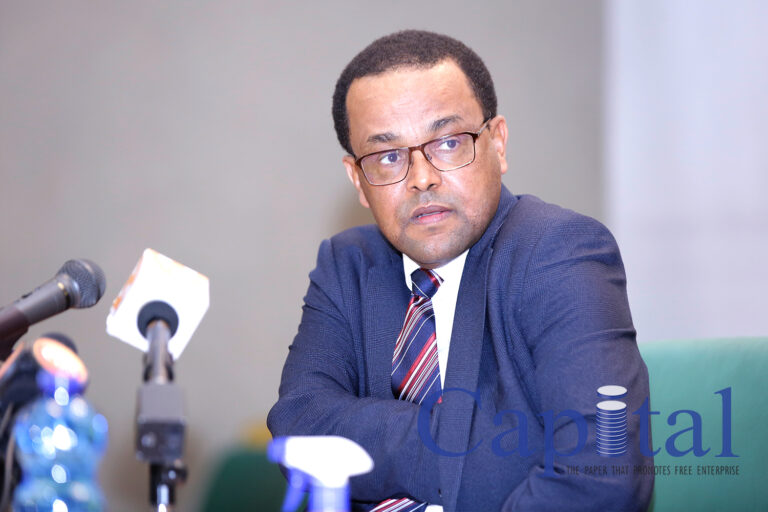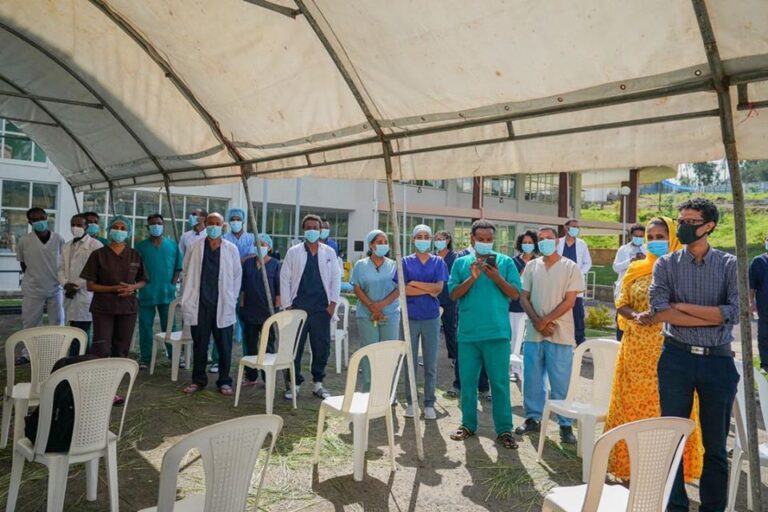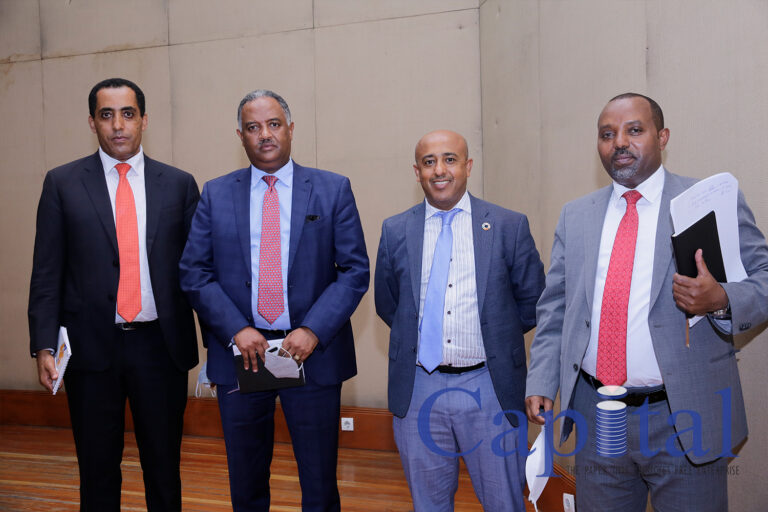What the Mankind is facing is the most serious global public health emergency since the end of World War II. Chinese people have identical feelings about the challenges posed by the spread of COVID-19 in Africa and are deeply concerned with Africa’s response. China has provided cash and material assistance including medical masks, protective clothing and testing kits to the AU and African countries in multiple batches. China has increased 200 million dollars loan to the African Export-Import Bank to alleviate the impact of the pandemic. China has sent anti-pandemic medical expert teams to Ethiopia, Burkina Faso, Djibouti, Côte d’Ivoire, Zimbabwe, Democratic republic of Congo, Algeria and other countries to work with local government departments and medical institutions to help with the prevention and control efforts. China has organized anti-pandemic experts to hold about 30 times video meetings to exchange prevention and control strategies and share experience with the AU and African countries. China has also mobilized nearly a thousand Chinese medical team members in Africa to participate in the fight against pandemic in their host countries, conducting nearly 400 training activities with more than 20,000 personnel trained. China also assisted the African countries to purchase relevant materials in China. At the same time, many Chinese private institutions, enterprises and local governments have donated money and materials to African countries on many occasions. Jack Ma Foundation and Alibaba Foundation alone have offered three batches of supplies to every country in Africa, totaling 10.6 million masks, 2.6 million kits, 1 million pairs of medical gloves, 460,000 sets of protective clothing and surgical masks, 4,000 forehead thermometer and 800 ventilators.
China’s support and assistance to Africa is a manifestation of international humanitarian spirit guided by the vision of a community with a shared future for mankind. Such help does not come with any political conditions, or any intention for selfish geopolitical gains. China comes to Africa with sincerity and experience, fund and technology. By contract, some people are just dictating African countries on what they should or shouldn’t do and rejecting any efforts of them. Some people are trying to politicize the pandemic, label the virus and attack and smear China in order to shift the blame for their own inadequate response to the pandemic. Some people who have demanded reparations from China are trying to make a fortune through blackmailing. And some are even stirring up trouble in Africa, deliberately trying to undermine and drive a wedge between China-Africa cooperation in fighting against the pandemic. But Africa is not a hunting or testing ground for anyone. Only Africans have the final say on African affairs and their international cooperation. China and the Chinese people are trustworthy teammates in this battle, not rivals of Africa or even the international community. We have confidences that African brothers will firmly guard against attempts to make use of the virus to discredit China or sow discord between China and Africa.
COVID-19 is a common challenge to all mankind. We need to choose confidence instead of panic, cooperation instead of shirking the responsibility, and unity instead of division. International cooperation is a ‘booster’ and a sure way through which we, the people of the world, can defeat this novel coronavirus. Around the world, we know better than ever that our destiny is shared. We need to look out for each other, pull together as one and live up to our responsibilities to jointly build a community with a shared future for mankind and to forge extraordinary synergy in the fight against COVID-19.
A few days earlier, Chinese President Xi Jinping made a statement at the Virtual Event of the Opening of the 73rd World Health Assembly, announcing five measures to boost international cooperation against COVID-19. China will provide US$2 billion over two years to help with COVID-19 response and with economic and social development in affected countries including African countries. China will work with the UN to set up a global humanitarian response depot and hub in China. China will establish a cooperation mechanism for its hospitals to pair up with 30 African hospitals and accelerate the building of the Africa CDC headquarters to help the continent ramp up its disease preparedness and control capacity. China will make COVID-19 vaccine development and deployment a global public good when available. China will work with other G20 members to implement the Debt Service Suspension Initiative for the poorest countries.
China always supports the AU as a banner of solidarity and cooperation of Africa and attaches significance to its important role in fighting the pandemic. China will help the AU and African countries to strengthen their disease preparedness and control capacity as always, and stand firmly with all our African brothers until the pandemic is fully over on the continent.
The traditional friendship between China and Africa has stood the test of international vicissitudes. China’s friendly policy towards Africa has never changed and never will. In the fight against the pandemic, China and Africa need to unite as one and support each other more than ever. Solidarity and cooperation is the most powerful weapon for Africa to defeat the pandemic.









